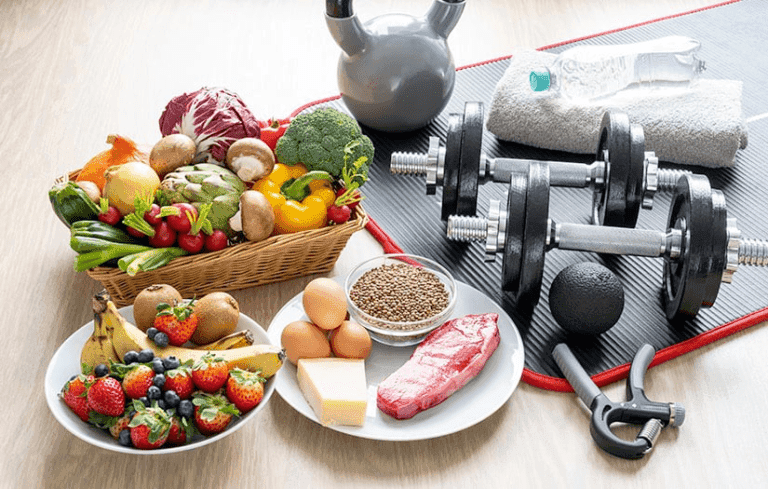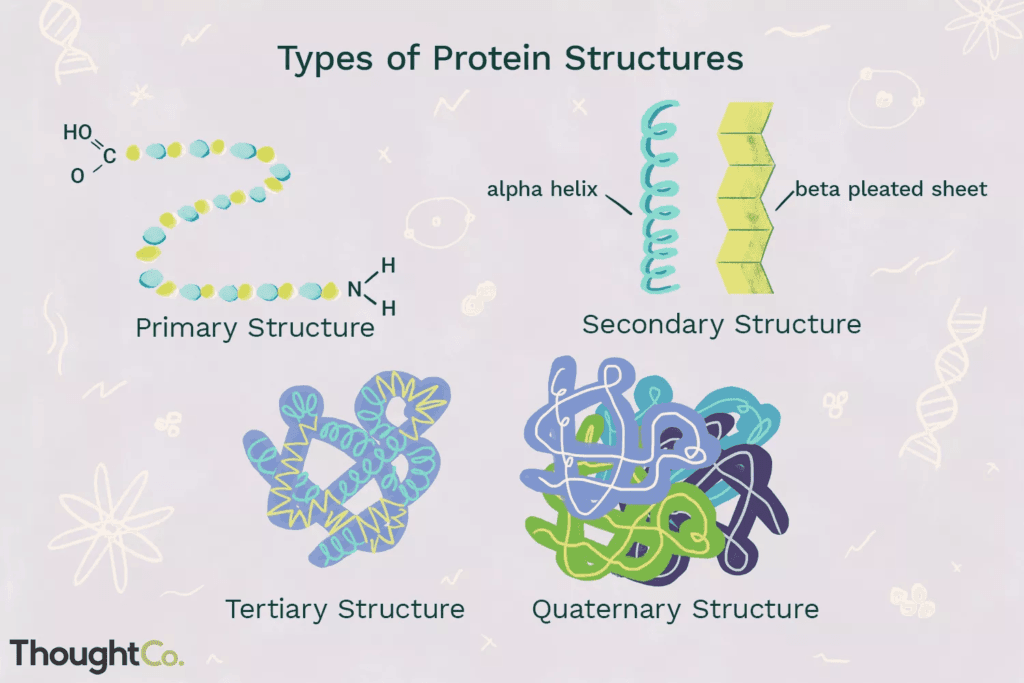Athletes who want a winning edge need proper nutrition.
By ensuring adequate water intake and consuming a balanced diet, you can give your body the right fuel to maximise your athletic talents and gain more strength, power, anergy, when you train.
This article contains some general sports nutrition guidelines.
Your diet should be based on various factors, including your age, weight, physical condition, and the type of exercise you are doing, to achieve top performance. Consult your doctor for individualised sports nutrition advice
Hydration
Water is the paramount nutrient for athletes, constituting roughly 60% of body weight and facilitating nearly all bodily functions.
Since the body cannot produce or retain water, it’s imperative to replenish fluids lost through urine and sweat. General recommendations suggest a daily intake of at least two quarts (64 oz.) of water for everyone, with athletes requiring even more hydration.
Consuming fluids before, during, and after physical activity or sports, especially in warm conditions, is essential to maintaining hydration and preventing overheating.
Cool water is the optimal hydration choice during workouts lasting an hour or less. Sports drinks containing 6% to 10% carbohydrates can aid hydration for longer events.
These drinks are typically diluted with approximately 50% water for optimal effectiveness.
Relying on thirst alone as an indicator of hydration status is unreliable. It’s advised to drink fluids even when not feeling thirsty, as thirst sensations typically manifest after losing around 2% of body weight, which can impair performance.
Additionally, stopping fluid intake once thirst quenchers may lead to insufficient hydration.
To enhance hydration:
- Consume water in small, frequent doses rather than large amounts infrequently.
- Opt for cool beverages to lower core body temperature and decrease sweating.
- Monitor sweat loss by weighing yourself before and after exercise and drinking 16 to 24 oz. of water for every pound lost through sweat.
- Pay attention to urine volume and colour; clear urine in substantial volume indicates adequate hydration, while dark or concentrated urine suggests dehydration. Brown urine may signal a severe issue requiring immediate medical attention.
Fuel Sources

Maintaining a balanced diet is important for optimal sports nutrition. It ensures the right blend of calories from carbohydrates, proteins, and fats to fuel peak performance.
Carbohydrates, the primary energy source, should constitute approximately 60% to 70% of daily calorie intake.
These essential nutrients are abundant in various foods, including fruits, vegetables, pasta, bread, cereal, and rice.
Carbohydrates undergo conversion into glucose for immediate energy or storage as glycogen in the liver and also in muscle tissues.
This storage mechanism provides endurance and power, particularly for high-intensity, short-duration activities.
When carbohydrate stores are depleted during exercise, the body burns fat and protein for energy, decreasing performance levels. Factors contributing to this depletion include inadequate muscle glycogen stores before exercise, prolonged high-intensity workouts exceeding an hour without carbohydrate intake, or multiple bouts of intense exercise within a single day.
Here are some strategies to help you sustain carbohydrate fuel levels, ensuring optimal energy levels for peak performance:
- Consuming carbohydrates in the days before the event will help you begin your exercise or competition with muscles loaded with glycogen.
- Consume additional carbohydrates during prolonged exercise sessions or competitions lasting longer than one hour to replenish energy reserves and stave off fatigue.
Proteins:
Proteins should account for approximately 12% to 15% of your daily calorie intake.
They are present in various foods, including meat, fish, poultry, eggs, beans, nuts, and dairy products.
Proteins are vital in building new tissues and fluids, among other functions.
Unlike carbohydrates, the body cannot store excess protein; instead, it utilises it for energy or converts it to fat.
The amount of protein required depends on factors such as:
- Level of fitness: Physically active individuals typically require more protein than sedentary individuals, especially when initiating an exercise program.
- Type, intensity, and duration of the exercise: Endurance athletes and those engaged in intense strength-building activities may burn protein for fuel.
- Total daily calorie intake: Inadequate calorie consumption relative to energy expenditure can prompt the body to utilize protein for energy.
- Carbohydrate intake: Protein may serve as an energy source if exercise is performed with low muscle glycogen levels or during repeated training sessions without sufficient carbohydrate intake. Typically, protein supplies about 5% of energy when muscle glycogen levels are adequate, but this may increase to 10% otherwise.
Fats:
Fats should contribute at most 20% to 30% of daily calorie intake. Saturated fats are derived from animal-based foods like meats, eggs, milk, and cheese, while unsaturated fats are found in vegetable products such as corn oil.
While the body requires small amounts of fat for essential functions and as an alternate energy source to glucose, excessive fat intake is linked to health issues such as heart disease and certain cancers.
Consuming too much fat may also indicate insufficient carbohydrate intake.
The utilisation of fat for energy depends on exercise intensity and duration. Fat is the primary fuel source during rest or low to moderate-intensity exercise.
However, as exercise intensity increases, the body relies more on carbohydrates for fuel. When glycogen stores are depleted, fat becomes the primary energy source, potentially decreasing exercise intensity.
Nutrition before Competition
What you consume several days before an endurance activity significantly impacts performance. On the morning of a sports competition, your food choices can stave off hunger, maintain adequate blood sugar levels, and support hydration. It’s advisable to avoid high-protein or high-fat foods on the event day.
To optimise performance, adhere to these general nutrition recommendations before an event:
- Consume a carbohydrate-rich meal.
- Consume solid foods 3 to 4 hours before the event and liquids 2 to 3 hours before.
- Opt for easily digestible foods over fried or high-fat options.
- Avoid sugary foods and drinks within an hour of the event.
- Drinking fluids is recommended to maintain adequate hydration. A useful guideline is to ingest 20 ounces of water 1 to 2 hours before exercising and an extra 10 to 15 ounces within 15 to 30 minutes before the event. During the competition, aim to replenish fluids lost through sweat by consuming 3 to 6 ounces of water or a diluted sports drink every 10 to 20 minutes
Carbohydrate Loading
Certaintain endurance athletes, such as long-distance runners, swimmers, and cyclists, opt to increase their muscle glycogen to prevent depletion of carbohydrate stores for energy levels. This involves consuming additional carbohydrates and exercising until energy depletion several days before an event.
To undertake “carbohydrate loading” before an event:
- Initially, exercise until muscle fatigue is reached. The workout regimen must mirror the upcoming event to deplete the appropriate muscles.
- Subsequently, follow a high-carbohydrate diet (70% to 80% carbohydrates, 10% to 15% protein, and 10% to 15% fat) while minimising or abstaining from exercise for three days before the event.
Some endurance athletes advocate for this carbohydrate-loading approach, believing it enhances endurance by ensuring that muscles are stocked with glycogen reserves for prolonged performance during competition. It’s very important to seek advice from a healthcare professional before attempting a carbohydrate-loading regime




